AGAINST THE GRAIN
The contentious dance between Afcon and European clubs is a historically delicate one
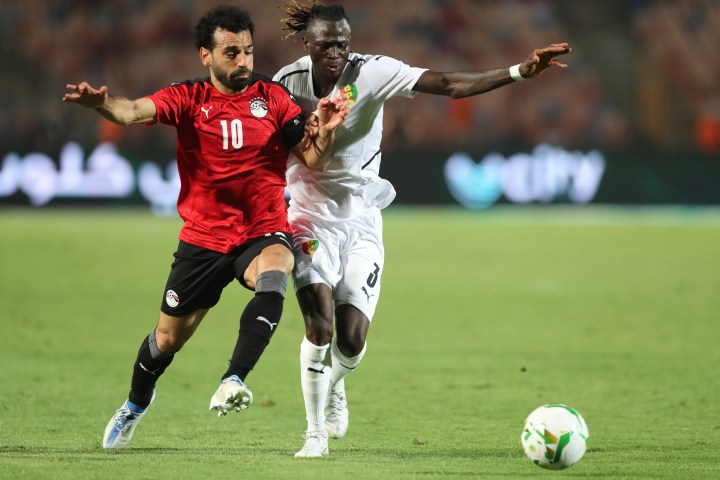
From its inception, the Africa Cup of Nations was a platform for Africa to move out from the shadow of Europe. Almost seven decades later, the tournament is still trying to achieve this.
The Africa Cup of Nations (Afcon) is one tournament that has long been viewed with disdain by Europe, despite it being one of the oldest tournaments in the world.
The first tournament was officially held in 1957, after being founded by four countries in the form of Egypt, Sudan, Ethiopia and South Africa.
The latter nation was then excluded from the debut tournament between the four founding members due to its apartheid policy. The regime at the time insisted on fielding an all-white team.
That epoch was also when many African nations were beginning to free themselves from European colonisation. South Africa’s divisive racial policies went against this search for freedom and equity.
For the founding members of Afcon, the tournament was a platform for them to showcase the beauty of the continent’s soccer.
This was especially as the Fifa World Cup — which was first played a couple of decades prior to the curtain-raiser for the African tournament in Sudan — initially did not have much room for Africans to shine on the international stage.
So, just as soccer’s global governing body had established the World Cup in order to have its own platform, outside of the Olympic Games, African countries sought their own stage to perform on. The Afcon.
Tug of war
However, over the years as the game has grown — the original scheduling of Afcon has become a contentious issue — both the fact that it is scheduled in January/February and that it takes place biennially.
This means every two years, European clubs lament having to release some of their best players to represent their countries at the continental showpiece. With the tournament being officially recognised by Fifa, they don’t have a choice. Unless the players decide themselves that they want to remain with their clubs.
A couple years ago, Liverpool manager Jürgen Klopp found himself in hot water after his comments on the tournament.
Around that same period, president of Italian club Napoli and film producer Aurelio De Laurentiis, vowed to not recruit any African players unless they sign a waiver to not participate in Afcon.
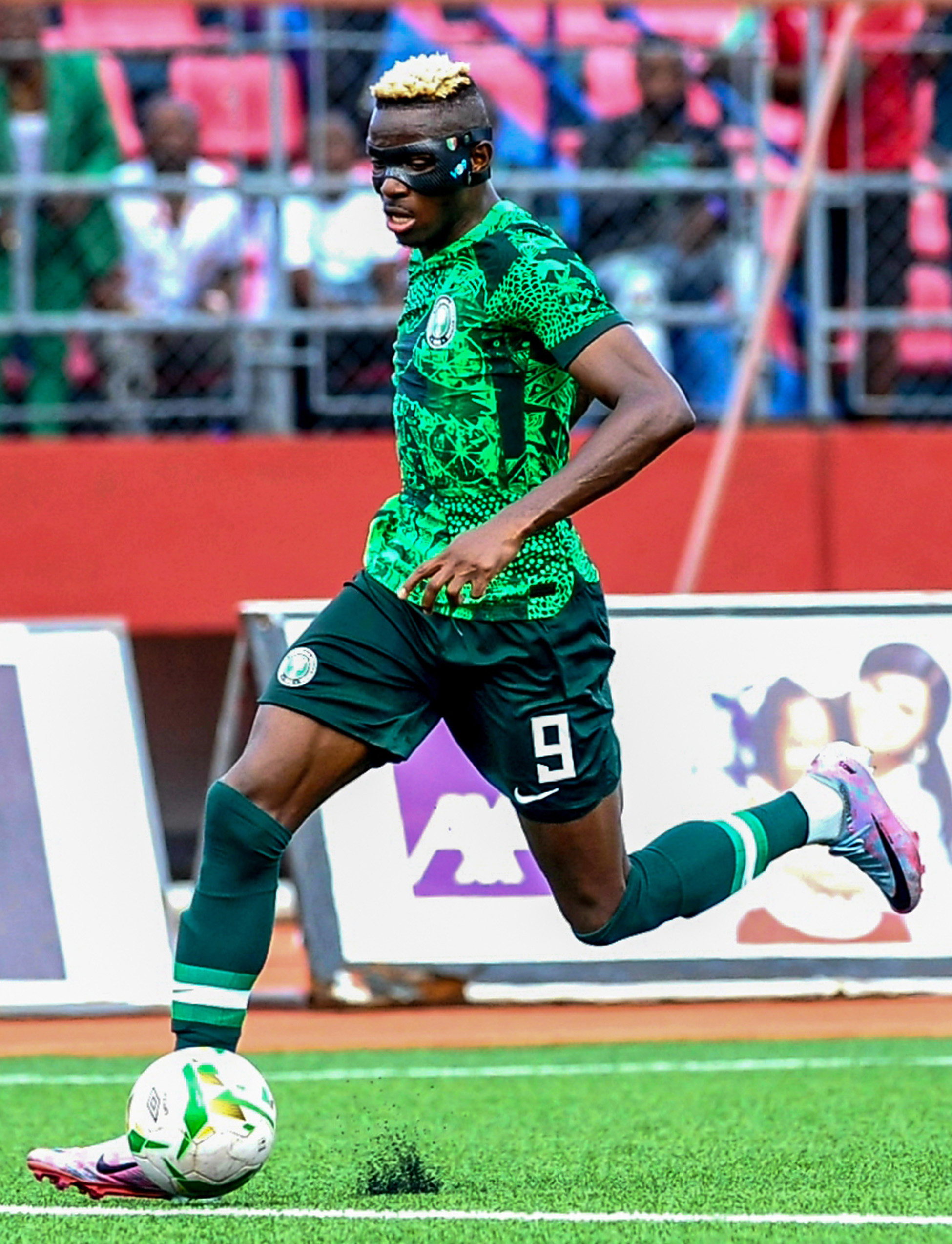
Victor Osimhen of Nigeria during the 2023 Africa Cup of Nations qualifier. (Photo: Ayo Oluwasegun/Gallo Images)
“Enough of African players. Or they should give up playing in the African Cup of Nations. I won’t be buying them any more for this reason,” De Laurentiis said at the time. “We pay the salaries to send them around to play elsewhere in the middle of the league championship.”
Of course, it’s not as if the Confederation of Africa Football (Caf) has not tried to find a solution for this perennial back-and-forth between the Afcon and clubs. Especially European clubs.
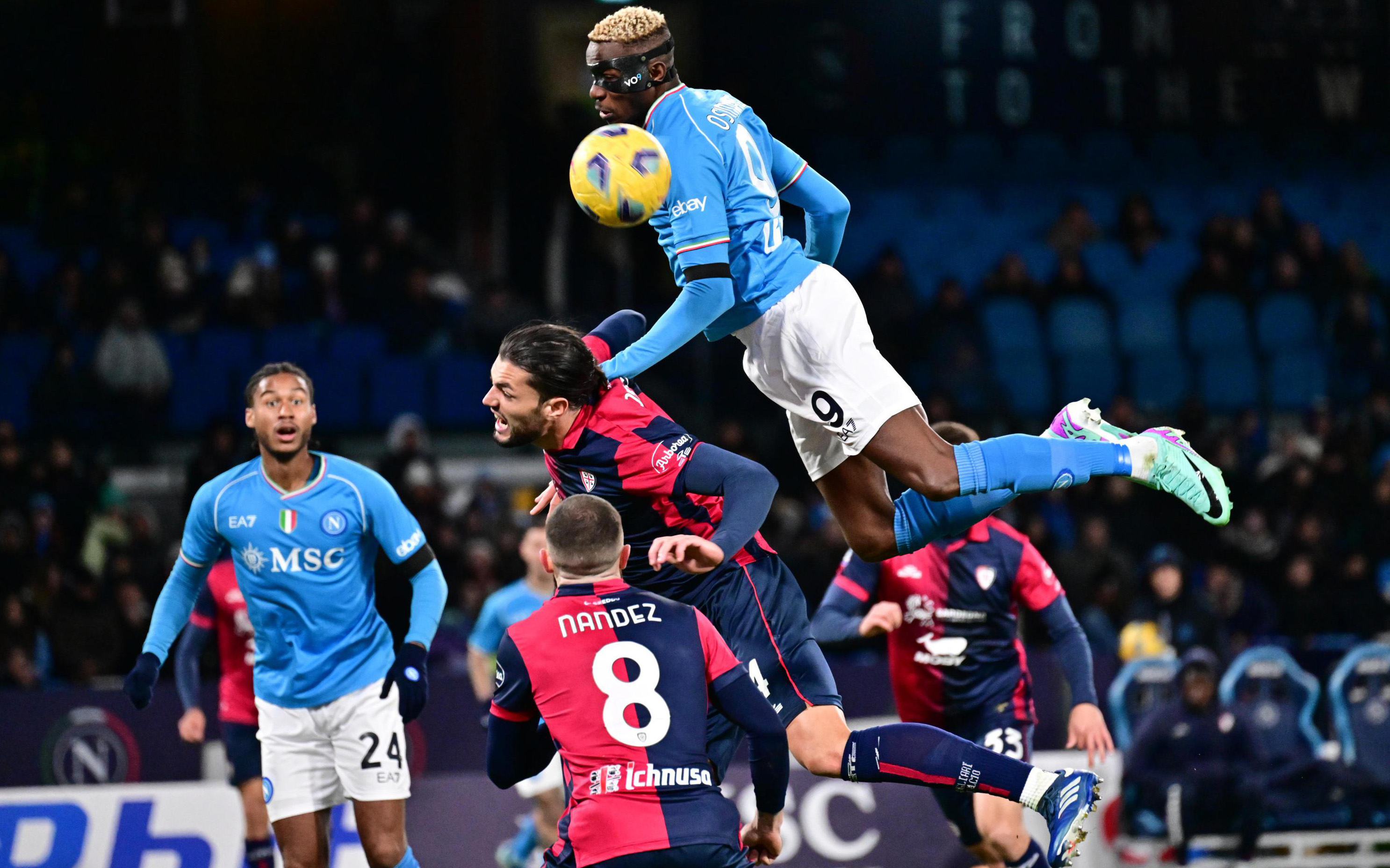
Napoli’s foreward Victor Osimhen in Italian Serie A. (Photo: EPA-EFE/Ciro Fusco)
‘Africa first’
In 2017, the Confederation of African Football (CAF) voted to reschedule Afcon to align with Europe.
Since then various things have hindered implementation of the resolution. The 2021 edition was rescheduled to early 2022 owing to Covid-19, as well as harsh and wet weather in Cameroon in June and July.
The upcoming 2023 edition was expected to be played in the traditional European off-season of June/July. But more wet-weather worries shifted kickoff to 13 January 2024. It ends on 11 February.
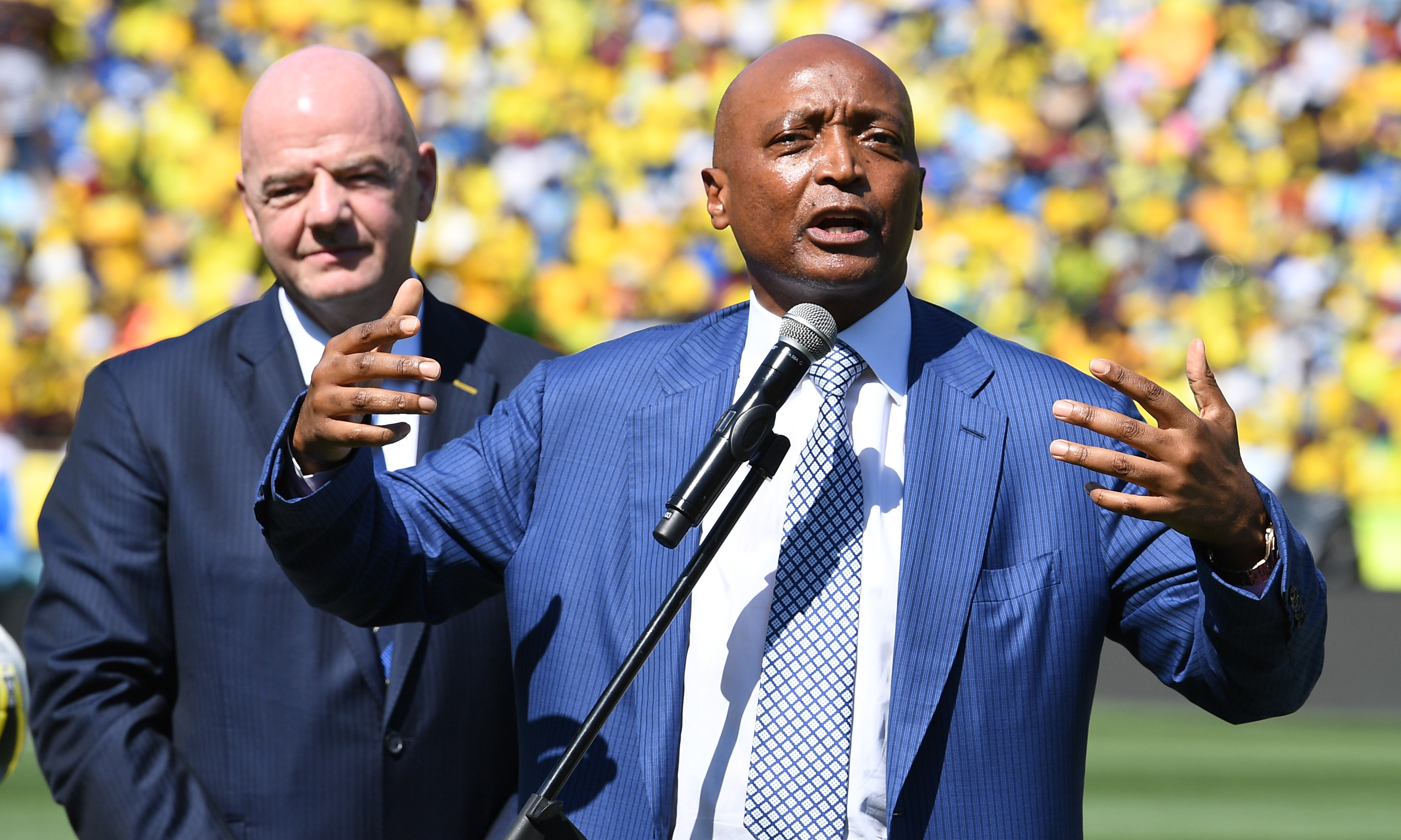
Fifa President Gianni Infantino (left) and CAF President Patrice Motsepe. (Photo: Lefty Shivambu/Gallo Images)
“We don’t want to run the risk of having a competition that’s going to be washed out. It’s not good for African football, for our image, and we have to work on that basis,” said CAF president Patrice Motsepe.
“We cannot take the risk. January is not the ideal time because of the European clubs, but it is the only choice we have,” he added.
Since that 2017 decision to reschedule Afcon, only the 2019 edition held in Egypt was played in tandem with the European off-season. During that tournament, the climate was also a subject. Although this time it was the heat of the North African country at the time that made headlines.
Having a biennial Afcon is also imperative for Caf’s finances. The tournament is the crown jewel of African soccer, and the revenue generated through it remains key to the sustainability of the beautiful game on the continent.
So, despite Fifa president Gianni Infantino suggesting in 2020 that the tournament be played every four years, Caf has insisted that it needs to happen biennially.
Whether there will ever be a solution that leaves everyone happy remains a mystery. For now, everyone must work together for the greater good of the game. DM




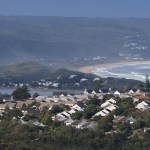












Comments - Please login in order to comment.